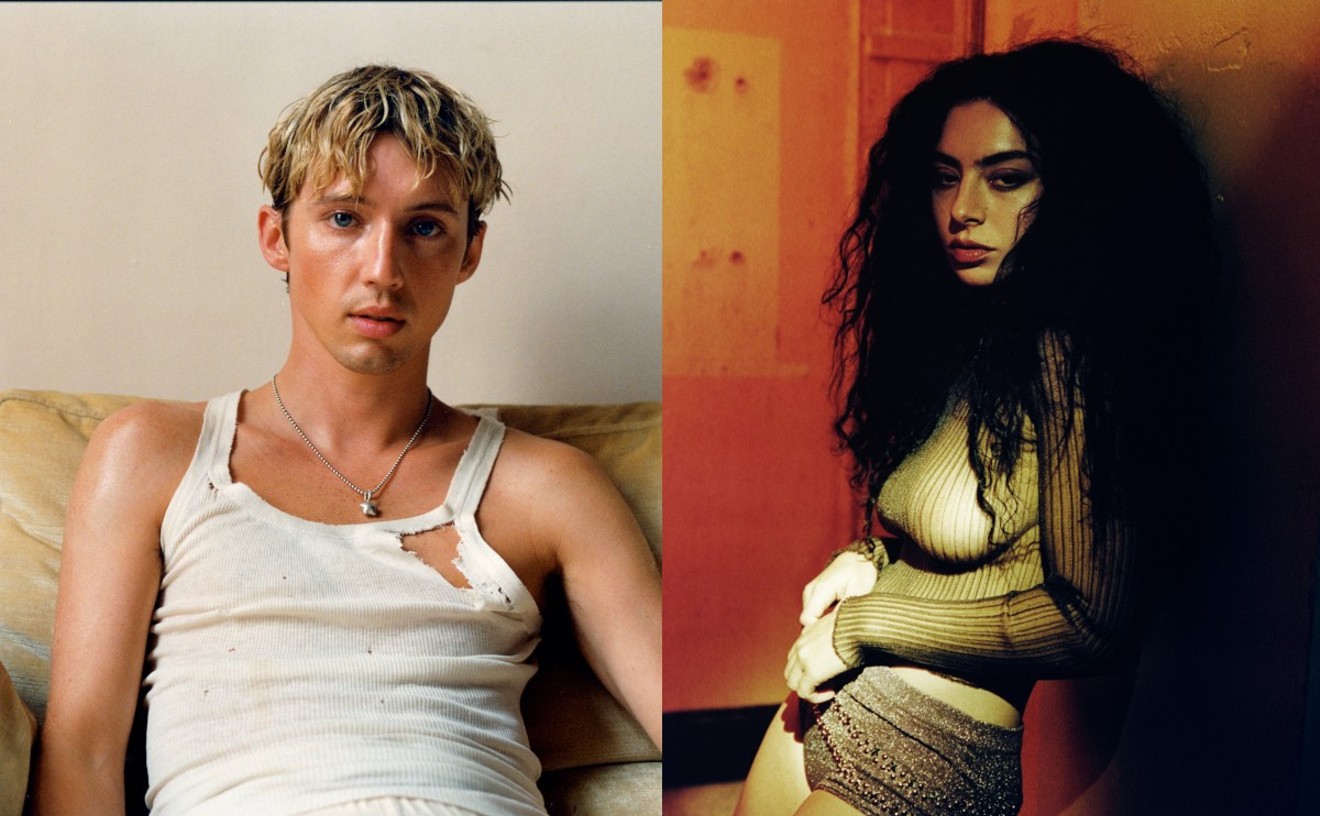Whatever You Love, You Are
(Touch and Go)
Post-post-rock, rigorous musicality, and all-instrumental composition no longer seem the indie-scene idiosyncrasies they once were. Now considered neither an artsy-fartsy anomaly nor a novelty act, the violin/guitar/drums trio Dirty Three can be appreciated on their own terms as the leading avant-gardists of today's college-rock underground. Whereas the trippy, jazzy theory-pop of Tortoise and the like might be more inventive and au courant, Dirty Three's gallery punk opts for high art instead of high concept. The Australian outfit's aesthetic shows the difference between accuracy and precision, allowing diverse, subtle changes in tone paint the picture rather than letting samples and production know-how do the work. As a result what emerges is a mini-history of 20th-century art-music, connecting atonal classical innovations to the bohemian-pop ambitions of the Velvets to the secondhand folk traditionalism of revivalists like Palace.
To hear Dirty Three's latest, Whatever You Love, You Are, is to realize how the band has incorporated such a wide array of materials into a formal vocabulary all its own. While the group's early releases were based more on intuitive interplay and canny improvisation, the new album displays masterful command and control, without any loss of intensity or vigor. Whatever You Love is a study of rich contrasts, setting the evocative tones wrought by classically trained violinist Warren Ellis against a backdrop of intricate rhythms and nuanced textures; as counterpoints to Ellis' bold eclecticism, drummer Jim White and guitarist Mick Turner prove to be models of restraint, deftly and deliberately giving shape to the elegant soundscapes. On the record's opening track, "Some Summers They Drop Like Flies," Ellis' gypsy-song refrain crescendos to orchestral white noise, while White's steady percussion and Turner's quiet tinkering follow the music's mournful theme from behind. Likewise "I Really Should've Gone Out Last Night" poignantly shuffles between restlessness and relentlessness as it reaches a critical mass of twangy fiddling, plucked strings, off-kilter strumming, and brushed beats.
Indeed what is most striking about the band's virtuosity is the sense of balance the music maintains, even with all the styles and variables present. Complete with its very own chamber strings overture, the pastoral epic "I Offered It Up to the Stars and the Night Sky" -- the album's centerpiece -- would be a hodgepodge of incompatible modern classical, folk, and indie modes if not for the threesome's ability to hit just the tone each element shares in common. And the coda, "Lullabye For Christie," puts the finishing touches where they need to be, leaving a lasting impression by tracing over and over again the same wrenching lines until they reach a fever pitch. Expressive in its own novel ways, Dirty Three has become a band instrumental in more than one sense of the word.










